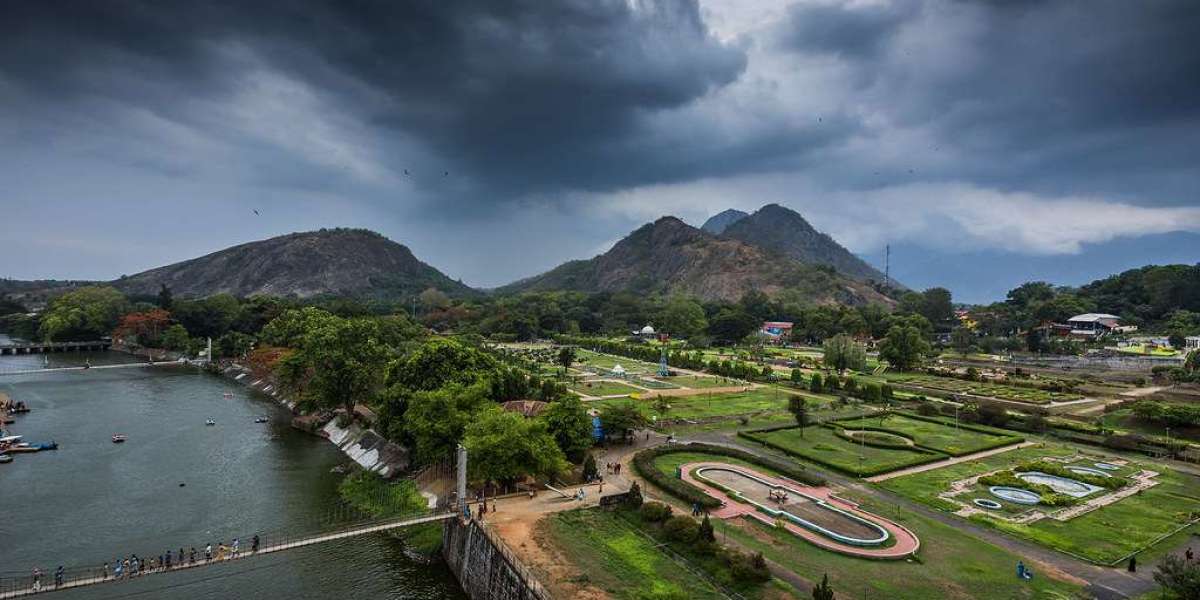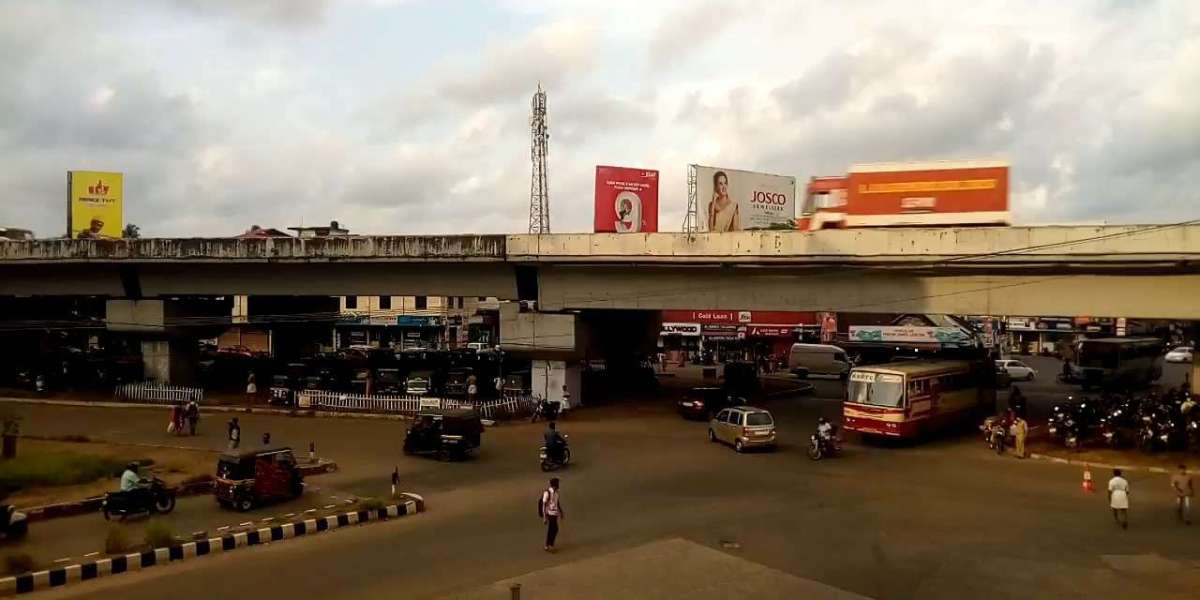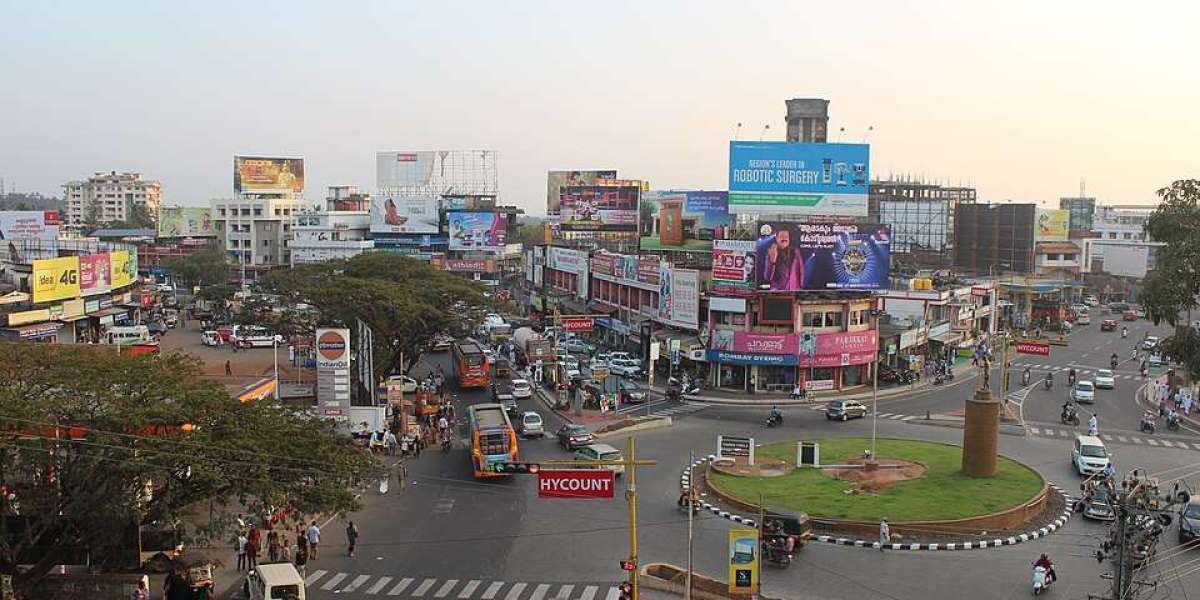Polling Infrastructure & Electoral Engagement
In the 2021 Assembly elections, Kongad had approximately 264 polling stations, up from 172 in
2016, ensuring accessibility across its rural terrain. Voter turnout hovered around 76–78%,
showcasing strong civic participation in this SC-reserved constituency (voter turnout: 76.83% in
2021).
Polling booths are located at local schools, GP offices, and community halls in wards like Kavalengil,
Pulikkal, Thachampara, Pottassery, and Kundappady, making voting accessible from village to
village.
Demographics & Landscape
Kongad is entirely rural with 100% rural population, and an SC population of ~13.5%, with ST at
~1.9% according to the 2011 Census. Literacy levels align with district averages (~88–89%), and the
terrain consists mainly of agricultural plains with small clustered hamlets around panchayats.
Economy & Livelihood Patterns
Agriculture & Plantation Crops: The constituency’s economy is centered on farms growing
paddy, coconut, banana, and canal-fed spice cultivation in a largely rural setting.
Remittances (NRI income) play a meaningful but moderate economic role—some
households benefit from Gulf migration, helping sustain middle-income lifestyles across
panchayats.
Trade & Small Business: Minimal; local services and small kirana shops support daily needs.
There is no blue economy, given its landlocked geography.
Public services & education: Panchayat offices, rural schools, and cooperative societies offer
employment opportunities.
Economic Strata
A majority fall into the middle-income bracket, supported by small-scale agriculture and modest
remittance inflows. Small business owners and landholding families belong to a smaller higher-
income tier. A modest share—small landholders or wage laborers—are below the poverty line,
though public welfare schemes and literacy help mitigate deeper deprivation.
Recent Development Narratives
Polling infrastructure improvements: Expansion to 264 booths improved voter access
across remote polling zones in the 2021 election.
Agricultural extension efforts: Local irrigation and crop support schemes were rolled out to
assist spice and rice growers in panchayats like Keralassery and Mankara, supported through
district-level agriculture initiatives.
Rural roads and civic upgrades: Under local LSGD schemes, road resurfacing projects in
Thachampara and Parali panchayats have improved connectivity; community halls and
sanitation work have also been strengthened.
Health outreach: Mobile clinics and health camps targeted at SC communities in remote
panchayats have enhanced primary healthcare access.
Kongad Assembly Constituency is a deeply rural, Scheduled Castereserved seat defined by agrarian
livelihoods, modest remittances, and community resilience. With mostly middleincome
demographics, it benefits from recent improvements in polling access, rural infrastructure,
agricultural support, and healthcare outreach—reflecting inclusive development within Palakkad’s
agrarian heartland.







